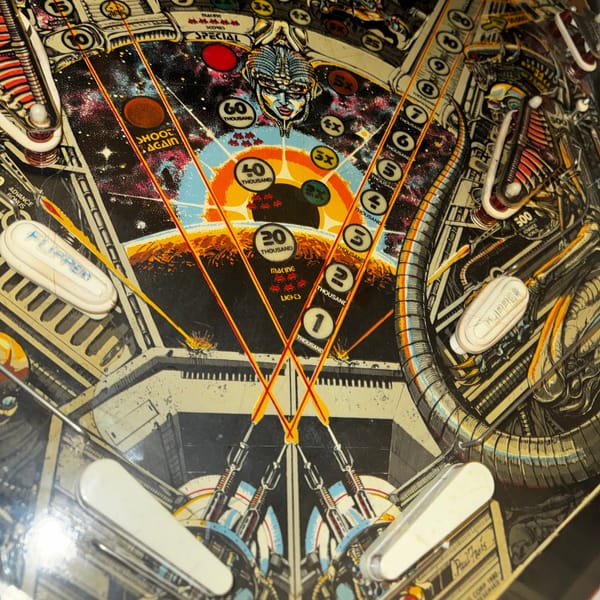The Strange Comfort of Typing Over Writing
Somewhere along the way, typing became the default, and my handwriting started feeling like a backup skill I haven’t practiced in years.

There was a time when my handwriting had personality. It wasn’t good, but it had quirks. Loops and slants and occasional flourishes that made it mine. Now, if I pick up a pen, the letters stumble out like they’re still waking up. It’s like my hand forgot how to talk without a keyboard as the interpreter.
The weird part is that typing doesn’t just feel faster, it feels more natural. My fingers know where the letters are without thinking. Muscle memory takes over. Sentences pour out in bursts, the backspace key erasing thoughts before they harden. I can rearrange, expand, collapse. There’s no waiting for the ink to dry, no smudge of graphite along the side of my hand. Typing makes writing feel like sculpting clay, shaping and reshaping until it clicks. Handwriting feels more like carving in stone.
Part of this is speed. My thoughts move at a certain pace now, trained by years of digital writing. On a keyboard, I can keep up with myself. On paper, I’m too slow, and the sentences I was excited about vanish before I get there. My brain moves to the next thought before my pen catches up, leaving half-finished phrases stranded like little abandoned islands. Typing removes that lag. It keeps the mental conversation going without all the awkward pauses.
But it’s also about habit. Typing is how I write everything now: work, notes, emails, ideas, even grocery lists. My hands have spent thousands more hours on a keyboard than they ever did gripping a pen. That familiarity becomes comfort, and comfort becomes “natural.” Handwriting, on the other hand, now feels like a performance—something I only do for special occasions, like signing a birthday card or filling out a form. It’s a mode I have to consciously switch into.
It’s not that I dislike handwriting. It’s just that it now feels a little like visiting a childhood home. The muscle memory is there, but the space doesn’t quite fit anymore. The furniture’s the same, but the walls seem smaller. You remember the way it felt, but you can’t quite live in it the same way.
And maybe that’s fine. Maybe “natural” just means “what we’ve trained ourselves to do without thinking.” For some people, that’s still pen and paper. For me, it’s a keyboard, the soft clack of keys, and the cursor blinking, waiting for the next thought.




